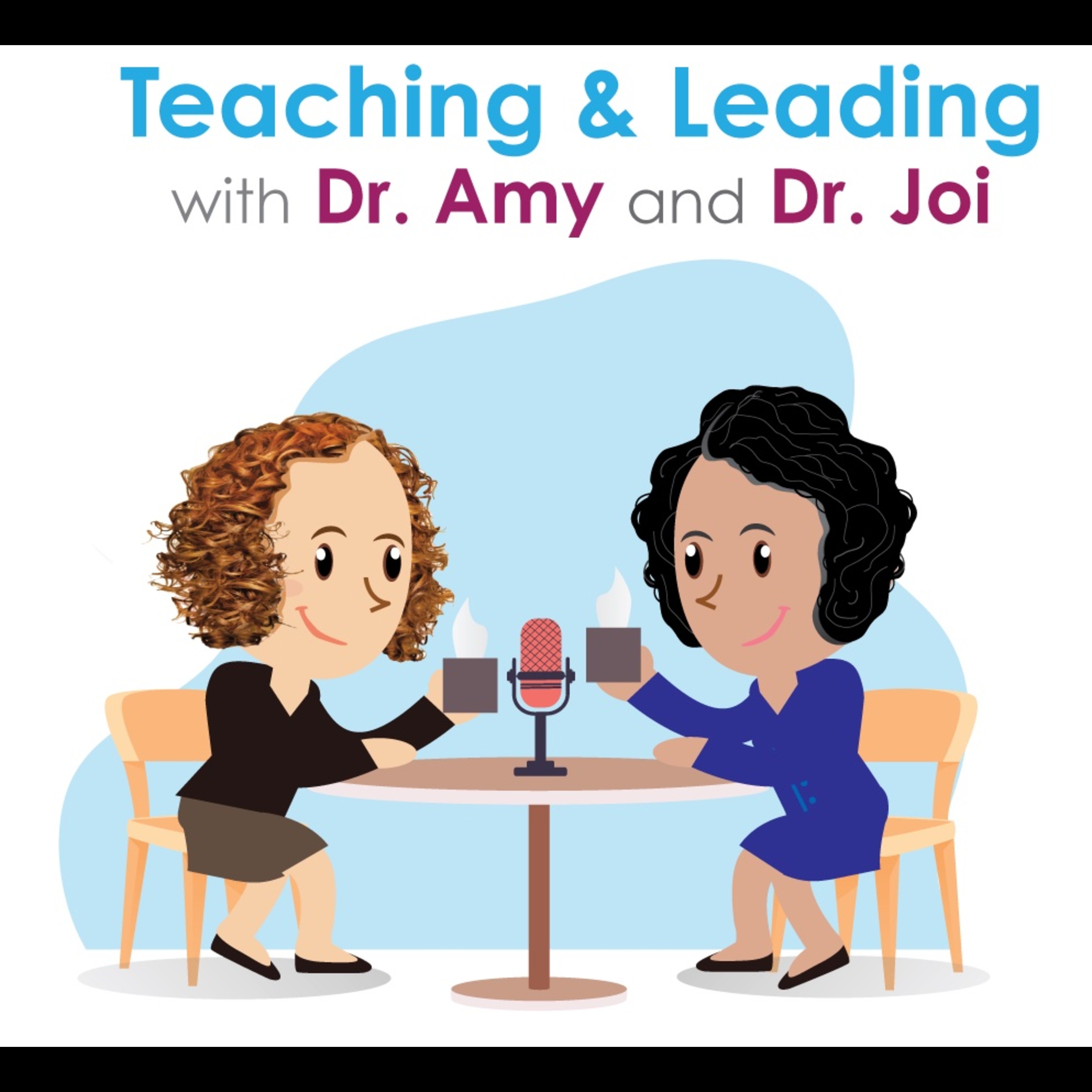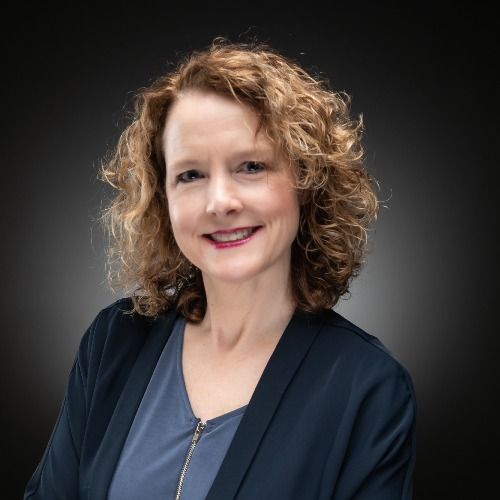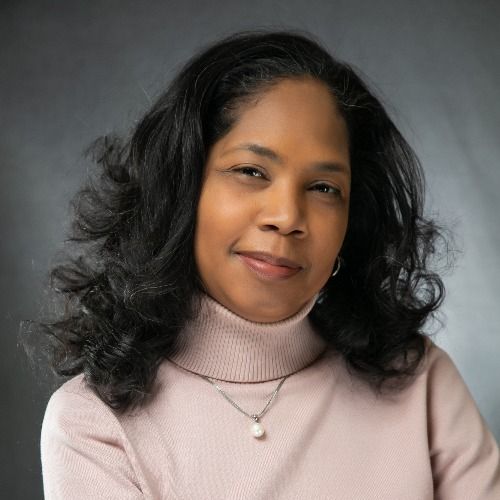Amplifying Black Voices: A Conversation with Dr. Cheryl Green
Dr. Cheryl Green, President of Governor State University, discusses her leadership journey. Despite challenges like the pandemic and the murder of George Floyd, she emphasizes the importance of higher education and the need for African American females to remain connected to academia. Green shares four pieces of career advice, including the value of self-analysis, generating revenue, and broadening expertise. She underscores the significance of these lessons in her professional growth and success.
Transcript
SUMMARY KEYWORDS
Black History Project, Governor State University, Cheryl Green, career advice, higher education, diversity initiatives, social justice, grant writing, leadership traits, academic credibility, revenue generation, professional development, African American female, educational landscape, podcast episode
SPEAKERS
Amy Vujaklija, Cheryl Green, Joi Patterson
Cheryl Green:I take this role as a privilege and an honor to lead Governor State University, and the journey has been long. It has been long, it has been difficult, and it has been incredibly rewarding.
Amy Vujaklija:Thank you for joining, teaching and leading with Dr Amy and Dr Joi. This episode is part of a special Black History Project.
Joi Patterson:This project is designed to amplify black voices and provide crucial perspectives on experiences of black people which are often overlooked and misrepresented by offering authentic experiences, reflections and successes. This project promotes an accurate portrayal of history and society today. We're going to hear from Dr Cheryl green,
Amy Vujaklija:President green, you are the sixth president of Governor State University. During your leadership, you have overcome some significant challenges. Your presidency coincided with unprecedented global and national events, including the pandemic and the murder of George Floyd. Despite these challenges, as a new president, you remained steadfast in providing exceptional and Accessible Education. Dr green, you are responsible for adding much value to Governor State University, creating the first black Hall of Fame, the first Office of Diversity, Equity and Inclusion, the first Social Justice Initiative, the Center for Community Media and two additional colleges, the College of Graduate Studies and the Honors College. All programs have received new or renewal national accreditations
Joi Patterson:due to time constraints. Dr Amy highlighted a tiny part of your credentials and accomplishments. I want to say something about your character. You exhibit all the qualities of what Thomas Griffith identifies as the five character traits of great leaders you have proven to have unquestionable character, real humility, ferocious resolve, crystal clear communication and unwavering accountability. Thank you. Dr green for being a role model and a mentor to me as you are to so many others. Dr green, we are honored to include you in this inaugural Governor State University Black History calendar for 2025 Can you please share with our listeners what is the best career advice you've received, and what is your favorite piece of advice to give?
Cheryl Green:Okay, well, let me just start by saying that my career spans 37 years in higher ed, and over that time, there have been many challenges that I've had to navigate as a higher ed administrator, as a African American and as an African American female. Currently, there are less than 5% of presidents who are African American females at colleges and universities in America. The overwhelming majority of them are at HBCUs.
Cheryl Green:And so I take this role as a privilege and an honor to lead Governor State University, and the journey has been long. It has been long, it has been difficult, and it has been incredibly rewarding.
Cheryl Green:So I would say that I got four pieces of advice, and I'm just going to list them, and then maybe we can refer back to them. One piece of advice I got was from Dr Carolyn Tucker, a preeminent counseling psychologist at the University of Florida, and she said to me in my class of pre doctoral interns at the University of Florida, when you finish your program, do not leave academia. I was devastated. I was so tired of school because I went straight through and I was ready to change, you know, my environment and the organization I work for and so on and so forth. But that was one of the best pieces of advice that I could have gotten, because she said, always remain connected to a university. It will help establish your credibility, a on campus and B in the community. And so we listened to her as. I never left academia.
Cheryl Green:The second piece of advice I got was when you sit down and you think about your next role that you aspire to, don't just feel entitled. Don't just feel like you've served in the role longer than anybody else at the level below, but do a deep and thorough self analysis of your preparation and your qualifications, and if there are any gaps, get dizzy so that you can be competitive. So that was the second piece of great advice I got.
Cheryl Green:The third piece of great advice I got was, are you able to generate revenue for your organization? Because if you are not, you are expendable. And at the time, I wasn't generating revenue for my institution, and a senior member of the cabinet at the University where I was working said, I need you to go learn how to write grants. So I took $5,000 out of my own pocket and paid for grant writing course at Northwestern University, and it was one of the best decisions that I've ever made, because I know how to write multi million dollar grants and I'm able to generate revenue for the organization that I work for. As long as you can generate revenue, you're not as expendable as other people are, and in these fiscal realities that we're facing in higher ed that becomes a premium skill set to have.
Cheryl Green:So the last piece of advice I got was, don't just stay in your own domain. Don't just stay in your own profession. Don't just work within your educational degree background, when you are at a university, serve and participate on projects, initiatives and committees outside of your area of expertise, it will do two things. It will increase your visibility on campus so that other people know how great you are. And number two, it will broaden and deepen your depth of knowledge about the higher ed landscape.
Cheryl Green:So those are pieces of advice that I would give to anybody. Those are pieces of advice that I live back to this day, and I know that they resulted in tremendous change and advancement in my own career.
Amy Vujaklija:Thank you, Dr green, for sharing your advice with us. I see you living that
Joi Patterson:yes, and I accept that advice too. I
Amy Vujaklija:have received your words today, and I'm so glad you were with us to highlight your voice for the black history calendar.
Cheryl Green:Thank you. Thank you very much. Thank you for having me and I wish you much success with the rest of the project. It is important.
Amy Vujaklija:Thank you for listening to teaching and leading with Dr Amy and Dr Joi. Visit our website at G, O, v, s, t.edu/t, dot EDU slash teaching and leading podcast to see the show notes from this episode,
Joi Patterson:we appreciate Governor State University's work behind the scenes to make publishing possible. Stay tuned for more episodes with Dr Amy and Dr Joi.





